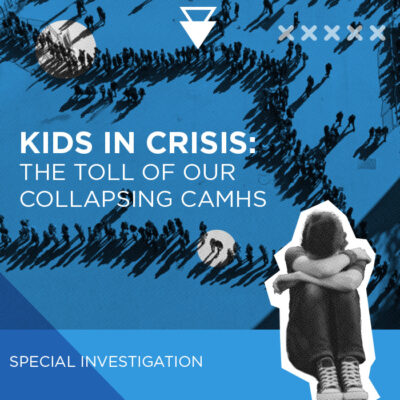Hannah Kinsey, head of training at mental health charity YoungMinds, provides five tips for schools on how to best support students in need of mental health provision …
1. Always refer
First of all, always refer a pupil for mental health support as quickly as possible. The sooner a child is referred, the better. But ensure they have other sources of support during the referral process.
2. Trusted adults
Schools can also make sure their whole staff team know what their role can be for young people in terms of mental health support.
Our research shows the role of a “trusted adult” is critical. A trusted adult for a young person is someone they choose to speak to about what they’re struggling with.
It won’t always be the designated SENCO or mental health lead, and they could choose to speak to anyone who works at the school, if they feel comfortable with them.
It’s important to encourage all school staff to look at the reasons behind a change in behaviour and for everyone to be looking out for these changes.
3. Include pupils
It’s important that schools work in partnership with parents and ensure the pupils’ voices are heard. For example, when developing schools’ policies around behaviour, bring young people into that process and make them part of it.
Mental health issues can be about feeling a lack of control, so giving young people a voice and opportunity to contribute is important.
4. Be flexible and creative on attendance
We get so many calls on our parents’ helpline about anxiety-related absences. We have heard of situations where pupils have travelled to school but were too anxious to leave the car when they got there.
In one instance a teacher got into the car with them, had a chat and arranged for some work they could do at home instead.
Other options in cases like this could be to ask a friend to meet them at the school gates, or to encourage the pupil to do as much as they can in school, letting them know they can go home whenever they need to.
Working with the pupil and understanding how they are feeling can help to manage non-attendance with the family and reduce anxiety for the pupil and the parents.
5. Help parents feel they aren’t failures
It can be especially hard for parents when young people are very unwell. We often hear from parents that they feel as though they’re failing as a parent. It’s important for schools to adopt a non-judgmental approach, working with parents as much as possible.
Even if schools don’t have anything concrete to update parents on, regular conversations and check-ins can help to reassure parents that the school are prioritising their child.















Your thoughts